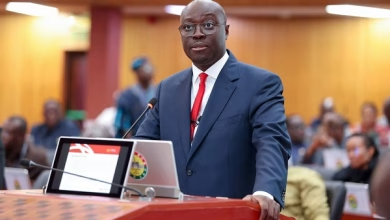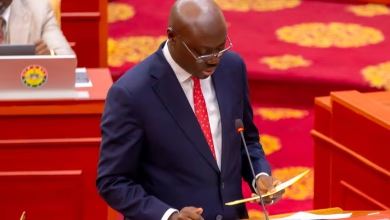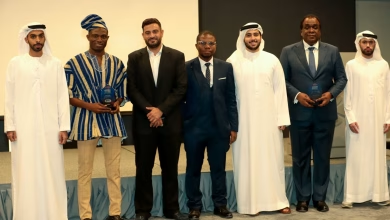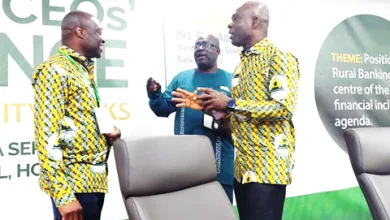Ghana’s First Lithium Deal: A Crossroads for Progress
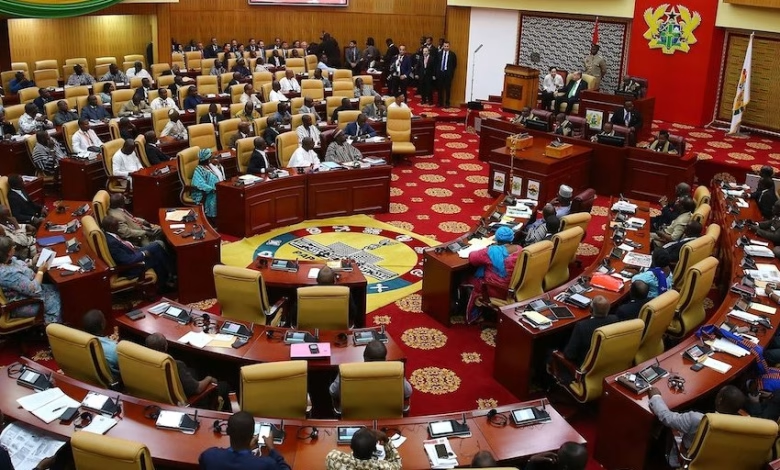
- The Ewoyaa agreement is promising
- Research proves the government negotiated a fair share
- This is a significant responsibility for lawmakers
Ghana’s parliament is on the verge of a momentous decision: ratifying the country’s first lithium mining agreement.
This 15-year lease with Barari DV for the Ewoyaa mine holds immense potential, but also significant risks. Lawmakers must carefully scrutinize the deal to ensure it benefits Ghanaians for generations to come.
The Deal’s Promise and Pitfalls
On the surface, the Ewoyaa agreement is promising. It boasts a high internal rate of return and could generate significant revenue for Ghana.
Research suggests the government negotiated a fair share, exceeding standard requirements.
This could surpass revenue generated from lithium mining in other countries.
However, financial gain is just one piece of the puzzle. Unlike traditional gold mines, lithium presents unique environmental challenges.
Open-pit mining can lead to land degradation, pollution, displacement, and social disruption. To mitigate these risks, parliament must ensure the agreement prioritizes sustainable land rehabilitation.
Additionally, strict regulations requiring low-impact mining techniques, eco-friendly processes, and resource-efficient equipment are crucial.
Safeguarding Ghana’s Resources
Preventing financial exploitation is equally important. Parliament must implement measures to protect Ghana’s fiscal interests. These include:
- Setting a transparent pricing benchmark for lithium
- Limiting the company’s write-off expenses
- Safeguarding government’s ownership stake
- Scrutinizing concessions like tax breaks and discounted utilities
Given the project’s profitability, such concessions might be unnecessary and should be carefully considered.
Beyond Extraction: Value Addition and Community Development
Ghana’s long-term prosperity lies in value addition – transforming raw materials into higher-value products.
Establishing a domestic lithium processing industry can create jobs, generate additional revenue, and provide cheaper inputs for other sectors.
While the government’s push for a local refinery is commendable, parliament must ensure thorough and transparent feasibility studies. Consulting industry experts, development partners, and civil society is essential.
Community development is often neglected in mining projects. Here, the lithium agreement presents a golden opportunity to do better. Parliament must:
- Mandate clear guidelines for community development, including resident participation in decision-making and benefit-sharing
- Include robust mechanisms for community oversight, grievance redress, and long-term sustainability
A Defining Moment for Ghana
Ghana’s handling of this agreement will set the precedent for future resource deals.
By exercising rigorous due diligence, fostering meaningful debate, and prioritizing the nation’s long-term interests, lithium mining can become a driver of social progress, not conflict and displacement.
This is a significant responsibility for lawmakers, and Ghanaians deserve vigilant stewards working for the benefit of all.



